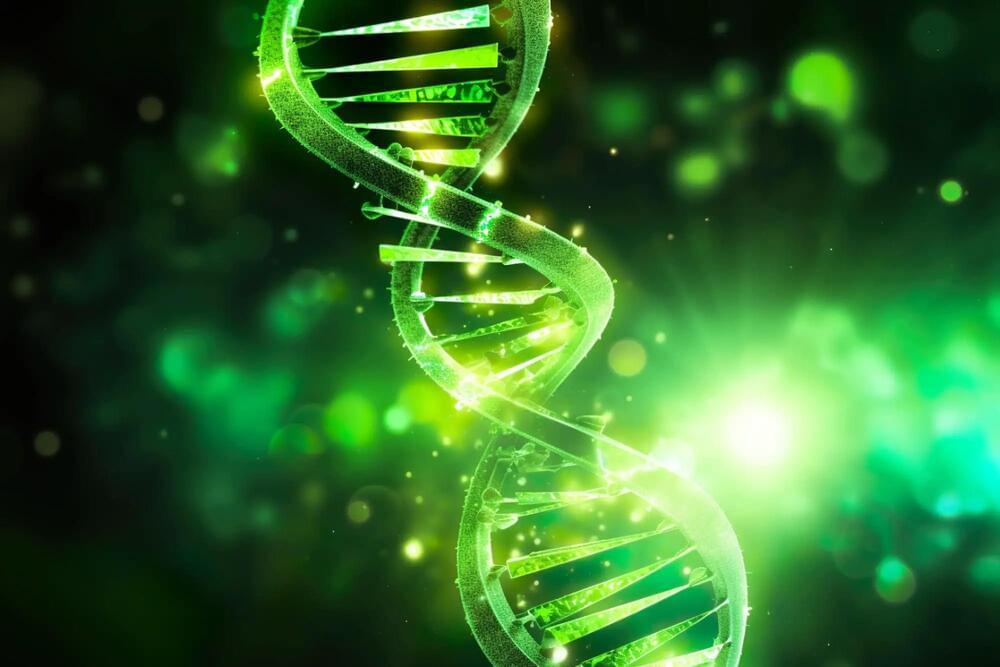The successful transfer of a gene that produces HMW-HA paves the way for improving the health and lifespan of humans, too. In a groundbreaking endeavor, scientists at the University of Rochester have successfully transferred a longevity gene from naked mole rats to mice, leading to enhanced health and increased lifespan. Naked mole rats, noted for their resistance to age-related diseases, have a gene that produces high molecular weight hyaluronic acid (HMW-HA), which when introduced to mice, demonstrated potential anti-aging benefits.
